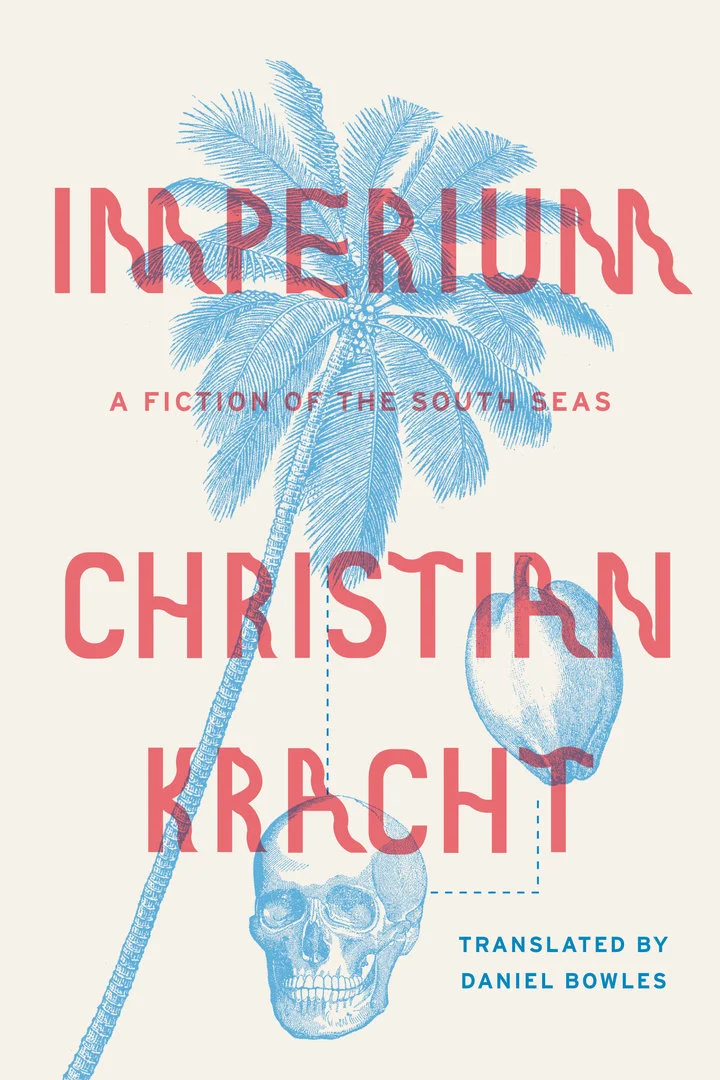Slovenia: Law of Desire (Andrej Blatnik, trans. Tamara N. Soban)
Andrej Blatnik (b. 1963) was born in Ljubljana. He studied American Literature at the University of Ljubljana and completed a PhD in Communication Studies. He worked first as a freelance writer before becoming the fiction editor for Cankarjeva zalozba. He is also a professor at his alma mater. He has written a mix novels and short stories, and has won a number of awards, including Slovenia’s most prestigious one, the Prešeren Foundation Award.
Background: Inhabited since prehistoric times, Illyrian and Celtic tribes were living in the area when the Romans came. The Huns and various Germanic tribes invaded in the 5th and 6th centuries, and the Slaves migrated in 568. King Samo united the Slavs from 623-624 to defeat the Avars and Germanic tribes. After his death, the Slovenes formed the duchies of Carantania and Carniola in parts of the modern territory, while the Avars and Charlemagne controlled other areas. The whole area eventually came into the Carolingian Empire and was Christianized. In the 11th century, the Germanization of Austria isolated the Carantanians, which developed them into the modern Slovene ethnic group. The various provinces were incorporated into the Germanic zone, and the Slovene territory was reduced to its current size. In the 14th century, the Habsburgs took over, although Turkish raids continued, causing economic difficulties. From the 16th through 17th centuries, peasant revolts were regularly defeated. Slovenia became part of the Illyrian provinces overseen by Napoleon. Between 1880 and 1910, around 300,000 Slovenes emigrated away from the area due to lack of opportunity. During the end of 19th century, competing notions of a united Slovenia and a united Yugoslavia reigned. In World War I, many Slovenes died as part of the Austro-Hungarian Army. After the war, a new State of Slovenes, Croats, and Serbs was established, eventually rename as the Kingdom of Yugoslavia. Slovenia was cut into three during World War II, with parts annexed into Nazi Germany, Fascist Italy, and to Hungary. More than 25,000 people were deported to concentration camps as anti-Nazi resistance soared. In total, 8% of the Slovene population was murdered including the entire Jewish community. After the war, Yugoslavia was re-instated, this time as a socialist state, although policies soon liberalized. By 1987, many were pushing for Slovene independence and democracy, and by 1989, the constitution was amended to introduce democracy. Finally, in 1990, Slovenia became independent and the first elections took place. In the following years, the republic became a member of the United Nations and the European Union.
Law of Desire is a collection of 16 short stories, ranging in length, that all contemplate desire in some form. Some deal with sex, others with terrorism, others war. Some are very dark (rape), or postmodern, and there are a few common threads. Overall though, the themes are very broad, and the writing style is as changeable as the topics. I really enjoyed some of the stories; others I could leave. There’s an intensity that lasts throughout. It’s hard to describe. Recommended if the darkness won’t bother you; it would probably bother most people.




